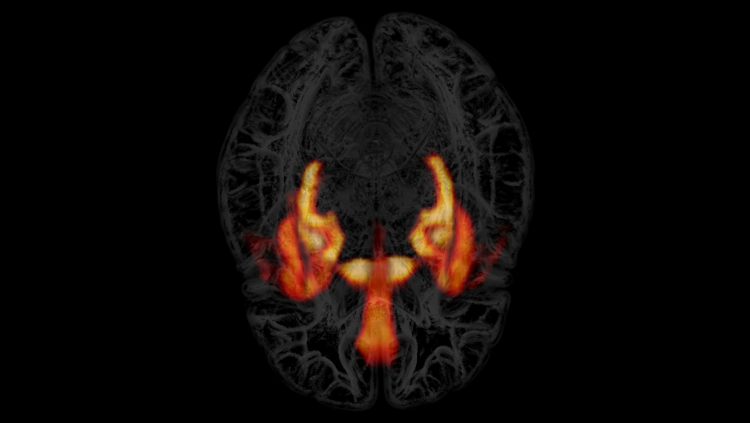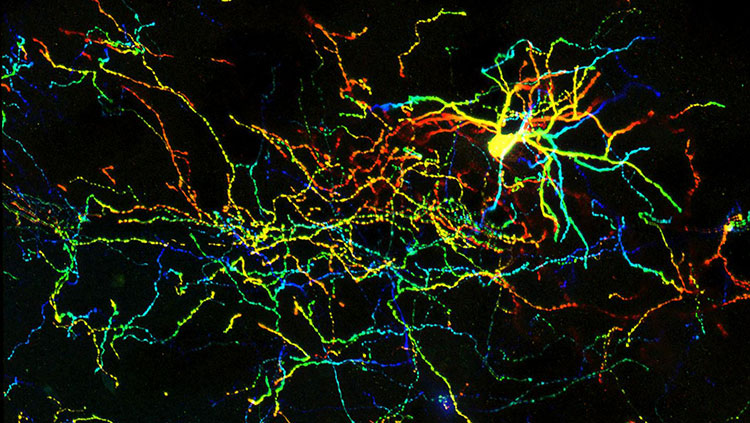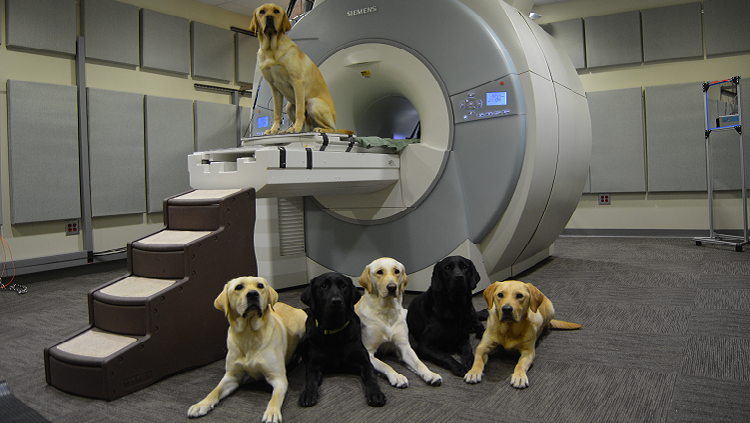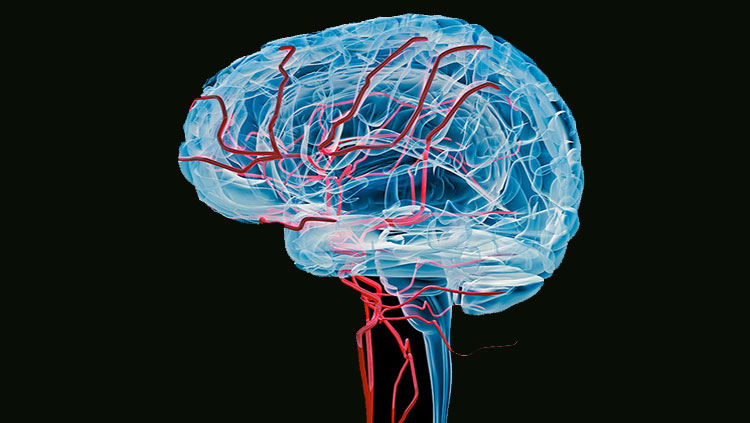Filter
-
(1)
-
(2)
-
(1)
-
(1)
-
(1)
-
(1)
-
-
(1)
-
(1)
-
-
(1)
-
(1)
-
-
(10)
-
(5)
-
(3)
-
(2)
-
(2)
-
(1)
-
-
(1)
-
(1)
-
-
(1)
-
(10)
-
(3)
-
(5)
-
(1)
-
(1)
-
(3)
-
-
(1)
-
(5)
-
(3)
-
(2)
-
-
(1)
-
(1)
-
-
(1)
-
(1)
-
-
(7)
-
(3)
-
(1)
-
(2)
-
-
(3)
-
(1)
-
(1)
-
(1)
-
(2)
-
-
(3)
-
(3)
-
-
(1)
-
(1)
-
-
(11)
-
(4)
-
(5)
-
(1)
-
(2)
-
-
(2)
-
(1)
-
(1)
-
-
(2)
-
(1)
-
(1)
-
(2)
-
-
(1)
-
(1)
-
-
(1)
-
(1)
-
-
(1)
-
(1)
-
(1)
-
-
(2)
-
(1)
-
(1)
-
-
(17)
-
(1)
-
(1)
-
(1)
-
(5)
-
(3)
-
(4)
-
(1)
-
(1)
-
(1)
-
(6)
-
(1)
-
-
(1)
-
(1)
-
-
(20)
-
(1)
-
(3)
-
(4)
-
(1)
-
(2)
-
(1)
-
(1)
-
(3)
-
(1)
-
(3)
-
(2)
-
(1)
-
(1)
-
(2)
-
(1)
-
(1)
-
(2)
-
(27)
11 - 20 of 31 results
-
Dissecting the unique influence of both sex and gender on brain development, function, and disease remains a critical challenge for neuroscientists.
-
The junction between the cortex and the brainstem highlights the center of our emotions.
-
It’s hard to describe what an emotion is — let alone how many of them there are or whether everyone experiences the same ones. But we do know this: emotions arise from activity in distinct parts of the brain.
-
Scientists continue to learn about the neurobiology and architecture of the different types of memory.
-
Péter Somogyi, György Buzsáki, and Tamás Freund earned the inaugural Brain Prize in 2011 for their cataloging and mapping of the brain’s inhibitory circuits.
-
Largely by design, the features that make smartphones convenient and fun also make them addictive.
-
Gregory Berns, a neuroscientist at Emory University, and his team are training dogs to hop into an MRI scanner to better understand how the dog mind works.
-
To understand dementia, scientists are looking anew at a neglected piece of the puzzle: the web of blood vessels nourishing the brain.
-
The neuroscientist discusses how creative thinking led to some of his most groundbreaking discoveries.
-
The introduction of the post-traumatic stress disorder diagnosis in 1980 affirmed that traumatic experiences, even absent physical injury, could have enduring consequences for brain function and mental health.
















